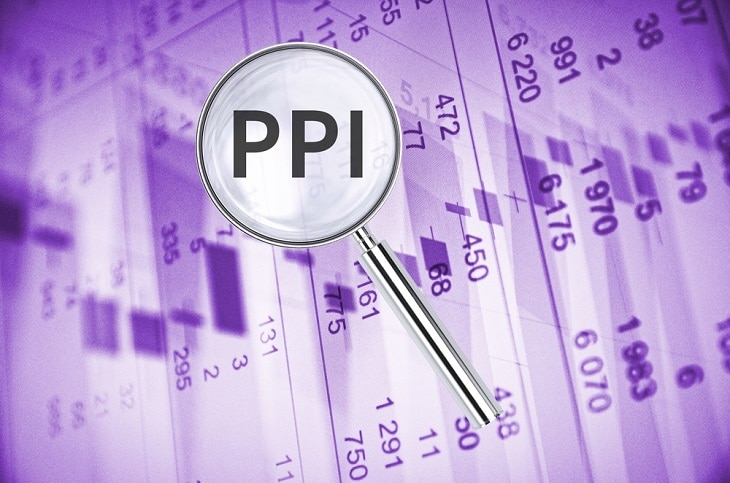Jasmine Birtles
Your money-making expert. Financial journalist, TV and radio personality.


You’ve probably heard about people making payment protection insurance (PPI) claims and getting substantial amounts of money back. Think you might be eligible for some cashback too, but just don’t know how to go about it?
Well then, with the 29 August 2019 claim deadline creeping ever closer, this quick guide to PPI is for you!
Payment protection insurance (PPI) is a product designed to cover repayments on credit purchases when the credit holder is unable to do so. This would be in cases where they have been made redundant or couldn’t work due to an accident, illness, disability or death.
Between 1990 and 2010, as many as 64 million PPI policies were sold in the UK.
While PPI holds a good deal of merit, the Financial Conduct Authority (FCA) found that in a vast majority of these cases, it was mis-sold.
Following the finding, those who felt they had been done in were urged to lay a complaint with their provider and request fair compensation.
More than £33 billion has already been paid back to people who complained about the sale of PPI.
If you’ve ever had a loan or credit product – especially between 1990 and 2010 – you are most likely eligible to claim.
If you’re unsure whether you had PPI on any of your products, it’s worth checking the related paperwork.
Do note that it may not always be listed as PPI. Here are a few other names to look out for:
So, sure, you had a credit payment or a loan, but how do you know if the PPI that came with it was mis-sold?
According to the FCA, these are a few of the scenarios that may indicate mis-selling:
Insurers usually paid banks or other providers a ‘commission’, as a reward for the sale of PPI. If you had PPI, the money for this commission would come out of the payments you made for the policy.
A ‘high level of commission’ typically means it was more than half of what you’ve paid for your PPI policy.
In 2014, Susan Plevin brought a claim against Paragon Personal Finance revealing that over 71% of the PPI that had been sold to her was a commission.
Following this, the Supreme Court ruled that providers must consider complaints about commission they earned from the sale of PPI.
This means that even if your previous PPI complaint was rejected, you can resubmit a complaint using the Plevin ruling as a basis. In this case, you will be able to claim back some of the money you’ve paid for PPI, if the bank or other provider earned a high level of commission from PPI but didn’t tell you.
Firstly, you will have to check whether you were sold PPI by contacting your provider/s.
Once you’ve made sure about that, you will need to go through your paperwork to establish the amount you had been paying for PPI.
If it seems exorbitant and you suspect you might have been mis-sold, you should complain using one of the following methods:
PPI complaint forms
Most providers would have a PPI complaint form you can fill out on their website. The FCA has a nifty little tool where you can search for your provider and find the relevant page in just a few clicks.
Post
If you’re fan of good, old-fashioned snail mail, you can write a letter to your provider. Just make sure you send it well in time before the deadline of 29 August 2019.
Phone
You can also make a phone call. Just know you might be one of many callers, so be patient and don’t give up!
In branch
Maybe the idea of this sort of faceless communication puts you off. Well, good news! You can also lay your complaint in-branch.
The more relevant information you can include to explain your complaint, the quicker it will be for your provider to review it.
Apart from your personal details, it’s important to include the following information:
Which? has a great template letter to help you reclaim PPI.
Yes!
All PPI complaints have to be referred to your provider or the Financial Ombudsman Service on or before 29 August 2019 at 23:59.
While it may seem like you have ample time to get your complaint sorted out, it’s always best to get it done sooner rather than later.
It’s very important not to leave it to the last minute, or else you could miss out.
Should your complaint be successful, the general rule is that you will get back all the money you’ve paid for the policy PLUS interest.
According to the FCA, the average payment for mis-selling is around £1,700.
Do note, however, that millions of people have made PPI claims, so yours could be significantly less or more.
Those whose complaints are based on the Plevin ruling will only get back part of what you’ve paid for the policy, plus interest on that amount.
Also, read:

Some useful info on claiming PPI back.